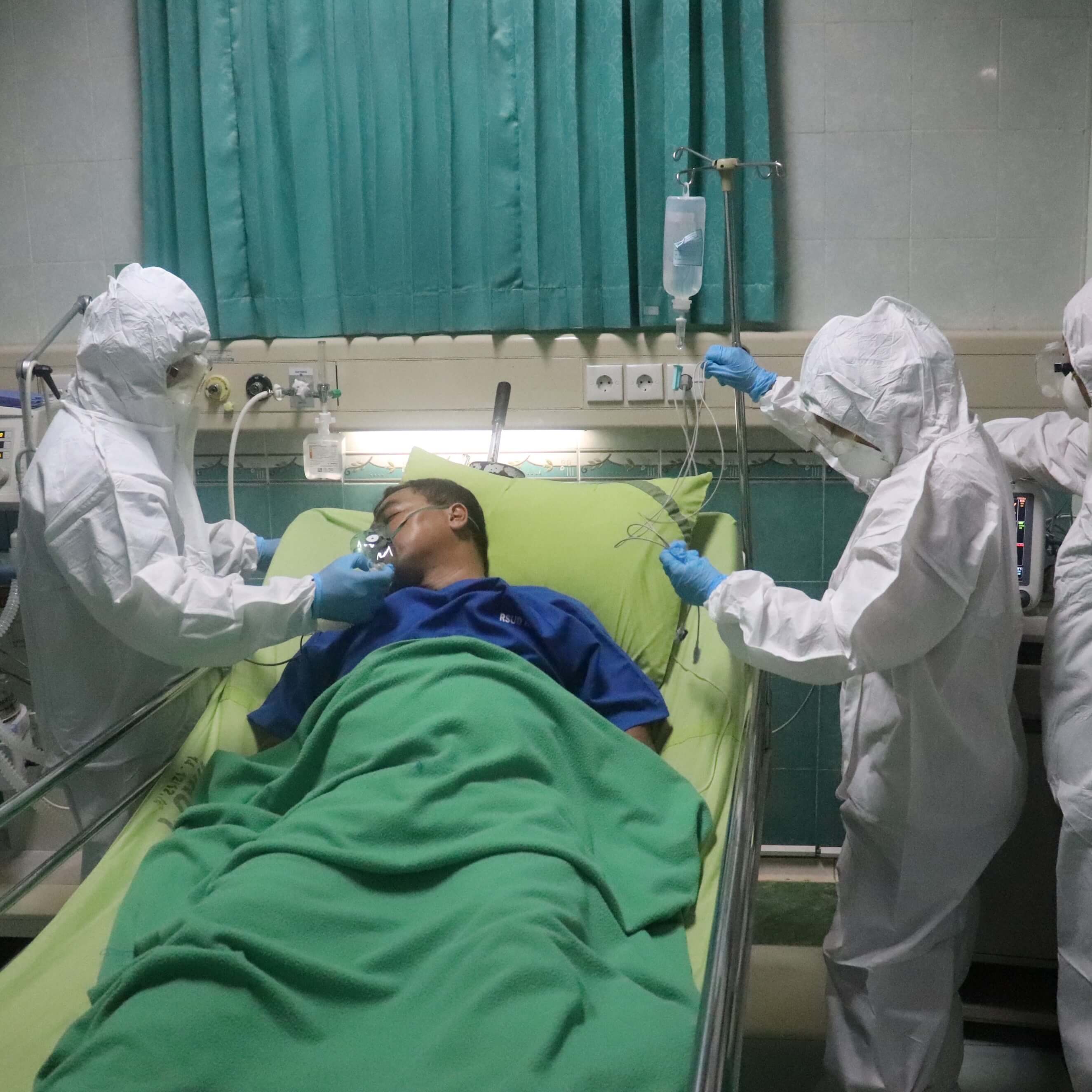
How Long Am I Contagious with COVID-19?
The incubation period of COVID-19 lasts between 2-14 days, after which the infected person starts experiencing COVID-19 symptoms such as shortness of breath, sore throat, and loss of taste. Some people begin experiencing these symptoms at the early onset of the disease, while others take a week or two before they set in. It's only in rare cases that these symptoms show 14 days after infection.
However, due to the many variants of this virus, the incubation period differs from person to person. This may leave you wondering how long exactly the COVID-19 contagious period is. The good news is that nowadays, rapid antigen tests such as the Healgen test can accurately detect high viral loads and let you know if you are still contagious.
So when does COVID-19 stop being contagious? Is it during your recovery period, or after you stop showing symptoms? And what if you are asymptomatic? Will you still be contagious? Read on as we answer these questions and more.
When Does COVID-19 Stop Being Contagious?
Coronavirus takes about 10-14 days to clear from your body. But are you still contagious after 10 days? Yes, you may still be contagious.
When Are You the Most Contagious With COVID-19?

Patients with coronavirus are most contagious during the first few days before their symptoms begin. The high infectivity period also continues at least three days after the symptoms set in. It's during this period that patients are advised to isolate the most. They should also wear well-fitting masks to avoid spreading the infection.
Isolating yourself keeps you from spreading the infection to your family. The first five days of your symptom onset are when you are highly likely to transmit the virus. However, there is still more research on COVID-19 variants since some of them, like the Omicron variant, shed the virus for more days after the symptom onset.
In addition, experts recommend using rapid tests to check if the infection has cleared. Rapid tests are more effective than PCR tests at detecting high viral loads. You can check out the Flowflex COVID test price and select from the various packs available. This home test kit is one of the best COVID lateral flow tests to buy because it offers quick results and is excellent at detecting the presence of contagious coronavirus.
If you test negative after five days of isolation, you can end your isolation, even if there are a few lingering symptoms. However, those who continue to test positive should extend their isolation until the virus clears from their system.
Do Certain Symptoms Indicate You Are Contagious?
The correlation between symptoms and infectivity is an area that still requires a lot of research. However, experts advise those who test positive and show symptoms to isolate since they are most likely to transmit the virus. This is especially so for those experiencing symptoms such as coughing and sneezing since they can release respiratory droplets containing the virus.
Another indication that one may still be infectious is if you have a fever. A fever signifies your body is raising its temperature to fight off the infection. Even asymptomatic infections can transmit the virus. That’s why it's important to test yourself regularly to check if you are infected. If you experience severe symptoms, you should visit your healthcare provider for further treatment.



